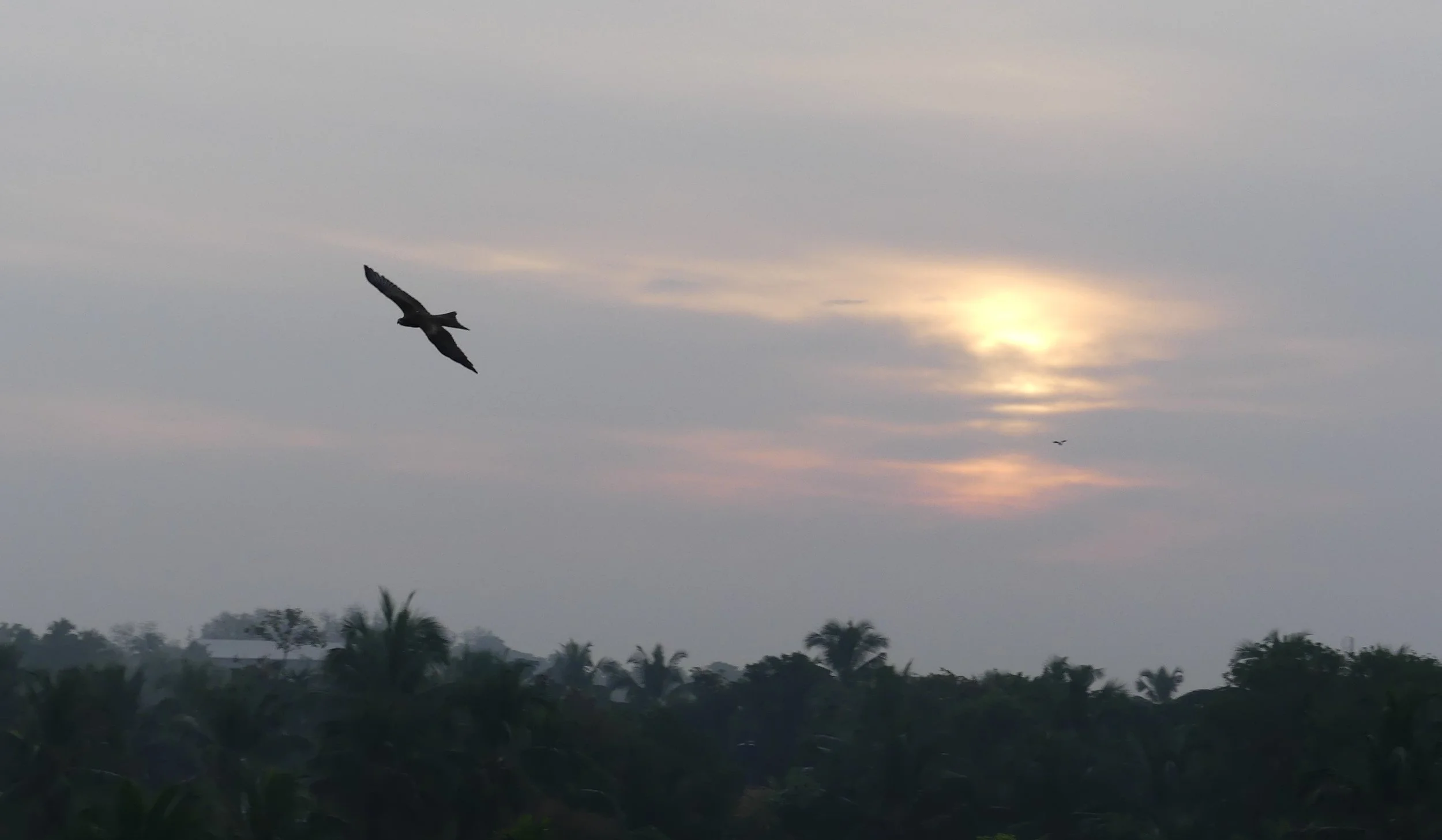Ayurveda Adventures
My twin and my niece in Dubai
Hanging out in Gatwick waiting for my flight to Dubai via Kiev and received the most welcome news from my childhood friend Gwen that her huband’s friend Dr. Bhagi is willing to have me come and annoy him with my interminable questions about Ayurveda. Didn’t know whether to implode or explode with joy and excitement.
This series of blog posts is hopefully going to include an “honest” account of my Panchakarma experience, could be repulsive in places, and the story of learning Ayurveda with doctors in India.
descriptions and explanantions of Ayurvedic methods and techniques. I’m afraid I might have unrealistic expectation of how much I can accomplish in 7 weeks, now that I am going to have some time, I’ve already planned how to fill it to the max!! Could be a historical cause of the vata and pitta excess, that I’m supposed to be sorting out!!
Anyhow here I go and it all starts with a few days in Dubai with my twin sis, her family and a gang of close friends. Auspicious beginning to this Ayurveda Adventure.
To follow this Ayurvedic adventure see Panchakarma : The Beginning
This is my neighbour, a black kite, and my inspiration for my stay here. He is the opposite of me: a strong body and a steady mind riding the wave of life with a smooth, light, embodied grace.
About Ayurveda
what is ayurveda?
Well that’s a vast question but I’ll make an attempt at brevity. Ayurveda, the tradition health and healing system of India is both a scientific and holistic approach to human health and happiness. Both health and happiness are given equal importance as an unhealthy body will disturb the mind and a disturbed mind will cause physical illness.
Ayurveda views the human body as a system of seven tissues (Dhatu) nourished by food and drink, transformed into a useable form by a digestive fire (Agni) and distributed to the appropriate tissue by a system of channels (Srota). The metabolic processes of each tissue produce waste (Mala) which is removed by the channels for elimination through feces, urine and sweat.
Three physiological processes (Dosha) manage this functional chain of events: Vata- responsable ofr all movement, Pitta- managing all transformational processes and Kapha- providing lubrication and cohesion.
When everything goes to plan the human anatomy and physiology functions like a dream the tissues are noursihed and the waste eliminated, all is well. However this is a finely tuned instrument and a variety of elements can intercede and disturb this delicate balance: diet lifestyle, climate, seasonal and life changes, psychologie and emotions and ant kind of accident or injury.
If the Dosha cannot perform their functions adequately Agni, the digestive power will be disturbed, the mala will not be sufficiently eliminated and an accumulation of digestive and metabolic waste (Ama) will begin to accumulate in the srota or channels. These toxins impede both function and flow in the channels and signs of discomfort begin to appear. If this disturbance persists the structure and function of the tissues will be compromised and an identifiable illness becomes manifest.
Panchakarma is the method Ayurvedic medicine has developped to rebalance the physiological processes, Dosha, the digestive power, Agni and to eliminate any accumulated toxins, Ama. Panchakarma has both a preventive and therapeutic application. While all disease or stage of disease is not curable it is often possible to slow or even to stop progression and to improve the quality of life.
For more about me see About Ann Johnston
Ayurveda and the Mind
We know from our observation and relationships in life that we are not the same. We share characteristics, both body and personality type and motivation with some people while others are quite alien to us. Ayurveda explains variety through two principles: one for the mind and another for the body.
Maha Guna - The three primary qualities of the mind.
Rajas- Hot, dynamic, active, sharp, agitated, irritable, angry. When dominant the individual is motivated by power and status
Tamas - Cold, inert, dark, dull, greed, gluttony, envy, delusion. when dominant the individual is motivated by physical pleasure and satisfaction.
Sattva - light, clear, harmonious, positive, serene, virtuous. When dominant the individual is motivated by life beyond materialism and the common good.
For more about the Mind see my post Feelin' Groovy

